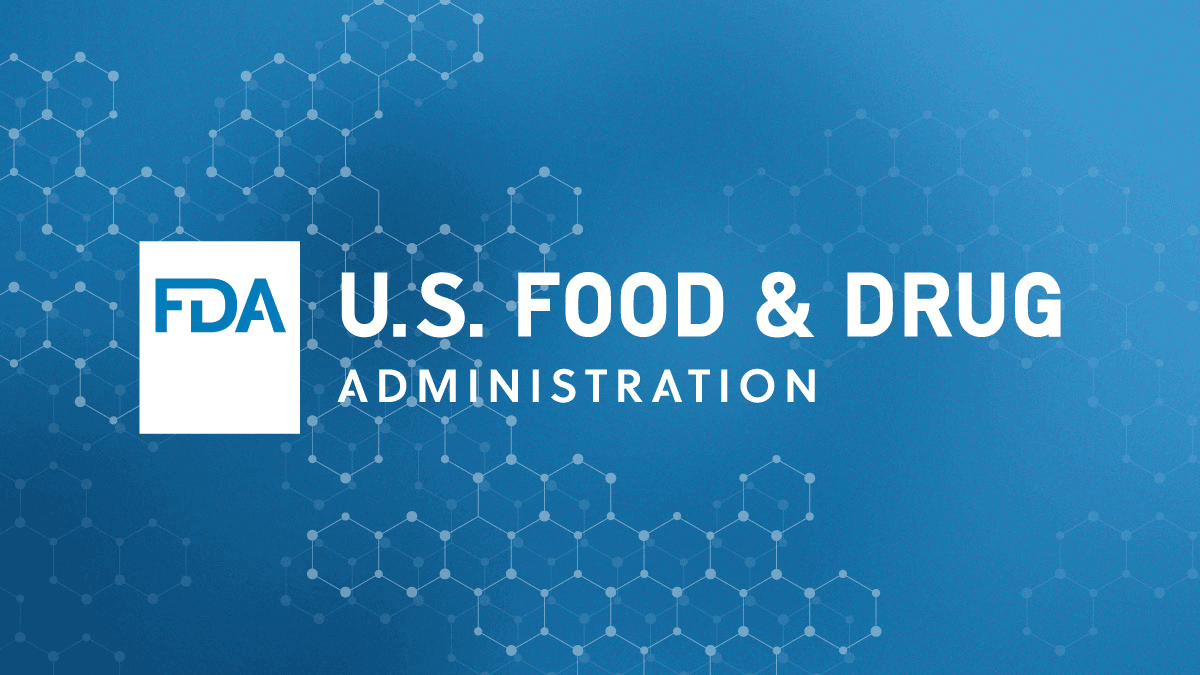Hello BioPharmaPulse Readers
Exciting breakthroughs continue to shape the biopharmaceutical landscape. I'm thrilled to share with you the latest developments that are pushing the boundaries of innovation in our field.
What's in this issue:
- 🛡️ Merck's strategic move to safeguard its cancer portfolio
- 🧬 FDA approves first brain-delivered gene therapy for a rare disorder
- 🧠 European regulators back Alzheimer's drug Leqembi after initial hesitation
- 🧩 Dive into the world of bispecific antibodies in cancer therapy
Inspiration of the Day
"Science is the key to our future, and if you don't believe in science, then you're holding everybody back." — Bill Nye
Latest News
🛡️ Merck Pays $588M for Bispecific to Defend Keytruda's Kingdom from Emerging Threat (2 minute read)

Rundown: Merck is making a significant stride to fortify its oncology portfolio by licensing a bispecific antibody from LaNova Medicines for $588 million upfront, with potential milestones up to $2.7 billion. This therapy targets both PD-1 and VEGF pathways, aiming to enhance anti-tumor responses in cancer patients. As Keytruda faces looming patent expirations, Merck is strategically positioning itself to maintain its leadership in the immuno-oncology space.
Key Points
- 💰 Merck invests $588 million upfront in LaNova's bispecific antibody LM-302
- 🎯 Targets PD-1 and VEGF simultaneously to inhibit tumor growth
- 🔬 Strengthens Merck's oncology pipeline ahead of Keytruda's patent expiry in 2028
- 🌐 Aims to address unmet needs in cancer treatment with innovative modalities
Why it matters: With Keytruda contributing significantly to Merck's revenue, the acquisition of this bispecific antibody represents a proactive approach to sustaining innovation in cancer therapies. It underscores the industry's shift towards multi-targeted treatments, potentially offering more effective options for patients battling cancer.
🧬 FDA Approves First Gene Therapy for Treatment of AADC Deficiency (3 minute read)

Rundown: The FDA has approved Kebilidi (eladocagene exuparvovec-tneq), marking the first gene therapy for Aromatic L-amino acid decarboxylase (AADC) deficiency, a rare genetic disorder affecting neurotransmitter production. Kebilidi is delivered directly into specific areas of the brain, enabling increased dopamine production, which is crucial for motor function and cognitive abilities. This groundbreaking therapy offers new hope for patients who previously had limited treatment options.
Key Points
- 🧪 Kebilidi is the first FDA-approved gene therapy for AADC deficiency
- 🧠 Administered via direct brain infusion to target affected neurons
- 📈 Demonstrated significant improvements in motor function in clinical trials
- 🌟 Represents advancement in treating rare genetic disorders with gene therapy
Why it matters: This approval signifies a milestone in gene therapy and highlights the potential for treating central nervous system disorders through direct intervention. It opens the door for future therapies targeting neurological conditions, offering a transformative impact on patient care in the realm of rare diseases.
🧠 EMA About-Faces, Backs Eisai and Biogen's Leqembi in Restricted Alzheimer's Population (2 minute read)

Rundown: In a significant reversal, the European Medicines Agency (EMA) has recommended the approval of Leqembi, an Alzheimer's disease drug developed by Eisai and Biogen. The approval is specifically for patients with mild cognitive impairment or mild dementia due to Alzheimer's, who carry one or no copies of the ApoE4 gene, reducing the risk of certain side effects. This decision comes after initial hesitation and could pave the way for broader access to treatment options in Europe.
Key Points
- 📄 EMA recommends approval of Leqembi for a specific patient subgroup
- 🧬 Focus on patients with one or no copies of the ApoE4 gene
- 💡 Clinical trials showed slowed progression of Alzheimer's symptoms
- 🔍 EMA requires monitoring and a controlled access program to manage risks
Why it matters: Alzheimer's disease poses a substantial challenge globally, with limited treatment options. The EMA's endorsement of Leqembi offers new hope for patients and highlights the importance of personalized medicine approaches. It marks a step forward in addressing neurodegenerative diseases and improving quality of life for those affected.
Question of the Day
🤔 How do you foresee the impact of gene therapies on the treatment of rare diseases?
- 🅰️ Transformative, will significantly improve outcomes
- 🅱️ Promising, but more research is needed
- 🆎 Limited, due to high costs and accessibility challenges
Trending
🔬 Arc Institute Debuts AI Model Evo, Makes New CRISPR Systems
- The Arc Institute has unveiled Evo, an AI model designed to accelerate the discovery of new CRISPR systems, potentially revolutionizing gene editing technologies.
🧪 AC Immune Announces Positive Trial Results for Early Parkinson’s Treatment
- AC Immune's phase 2 trial of their anti-alpha-synuclein immunotherapy showed promising results in early Parkinson's patients, signaling potential advancements in neurodegenerative disease treatment.
🌡️ Osivax Begins Phase 2a Booster Trial for Influenza Vaccine
- Osivax has initiated a phase 2a trial for their broad-spectrum influenza vaccine booster, aiming to enhance long-term immunity against flu viruses.
Industry Insight
🧩 Decoding Bispecific Antibodies: A New Frontier in Cancer Therapy
Bispecific antibodies are engineered proteins capable of binding to two different antigens simultaneously. This dual targeting allows them to bring cancer cells and immune cells into close proximity, enhancing the immune system's ability to attack tumors.
By understanding bispecific antibodies, we can appreciate how therapies like Merck's newly licensed bispecific antibody work to improve cancer treatment outcomes. This innovative approach represents a promising advancement in oncology, potentially leading to more effective and personalized therapies for patients.
Quick Hits
💉 BMS' CAR-T Cracks Down on Lupus, Achieving Sustained Responses in Phase 1 (1 minute read)
- Bristol Myers Squibb's CAR-T therapy has shown sustained responses in a phase 1 trial for lupus patients, indicating a potential new treatment avenue for autoimmune diseases.
📉 23andMe to Lay Off More Than 200 Employees Amid Business Struggles (2 minute read)
- Genetic testing firm 23andMe announces layoffs of over 200 employees and restructuring, highlighting challenges in the personal genomics industry.
⚖️ J&J Sues US Government for Halting 340B Rebate Plan (4 minute read)
- Johnson & Johnson has filed a lawsuit against the US government over the blocking of its proposed rebate model for the 340B drug pricing program, sparking debate over pharmaceutical pricing policies.
💡 New Alzheimer's Prevention Trial Receives $74.5 Million NIH Grant (1 minute read)
- A significant NIH grant funds a new Alzheimer's prevention trial, aiming to explore innovative strategies to combat cognitive decline before symptoms occur.
🧪 Nonclinical Safety Assessment of Oligonucleotide-Based Therapeutics; Draft Guidance for Industry (1 minute read)
- The FDA releases draft guidance on the nonclinical safety assessment of oligonucleotide therapeutics, providing important recommendations for industry stakeholders.
Wrap Up
Thank you for joining me on this journey through the latest innovations shaping our industry. It's an exciting time in biopharma, with groundbreaking therapies offering new hope to patients worldwide. Let's continue to stay informed and inspired by the strides we're making together.
*Until next time,
Elliot Reeves | BioPharmaPulse*
😊 How did you like today's email?
- 😍 Loved it
- 🙂 It was OK
- 😕 Could be better
